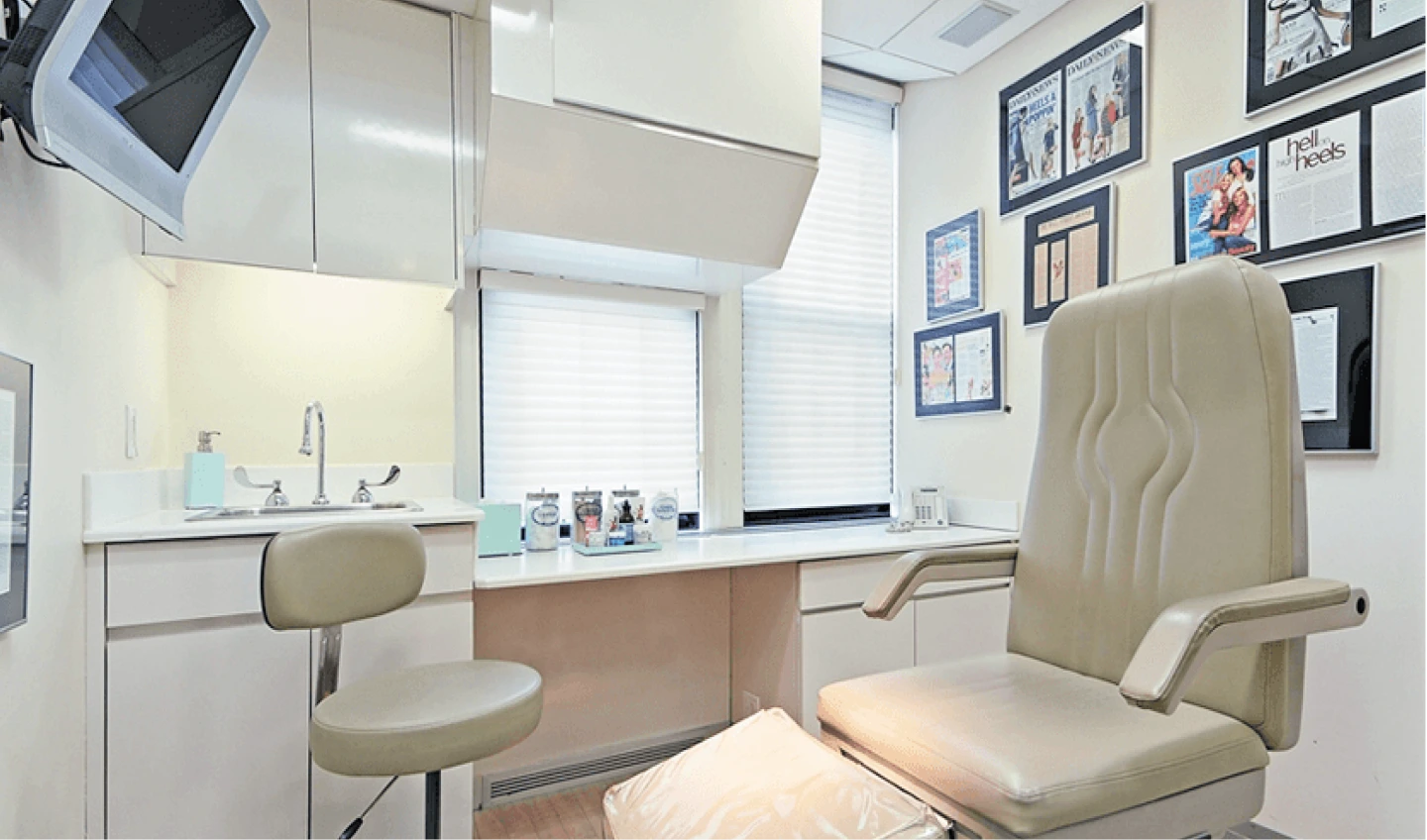Millennium Podiatry in NYC specializes in treating Achilles tendinitis, a condition that can disrupt daily activities and athletic pursuits. Our clinic employs innovative procedures and personalized therapy to address patients’ immediate symptoms and long-term recovery needs. Each treatment plan is tailored to the individual’s specific needs with a focus on reducing inflammation, restoring mobility, and preventing future injury. Our cutting-edge technology and expert care are combined to foster healing while promoting tendon strength. The goal is to alleviate discomfort and support patients in returning to their regular routines with confidence.
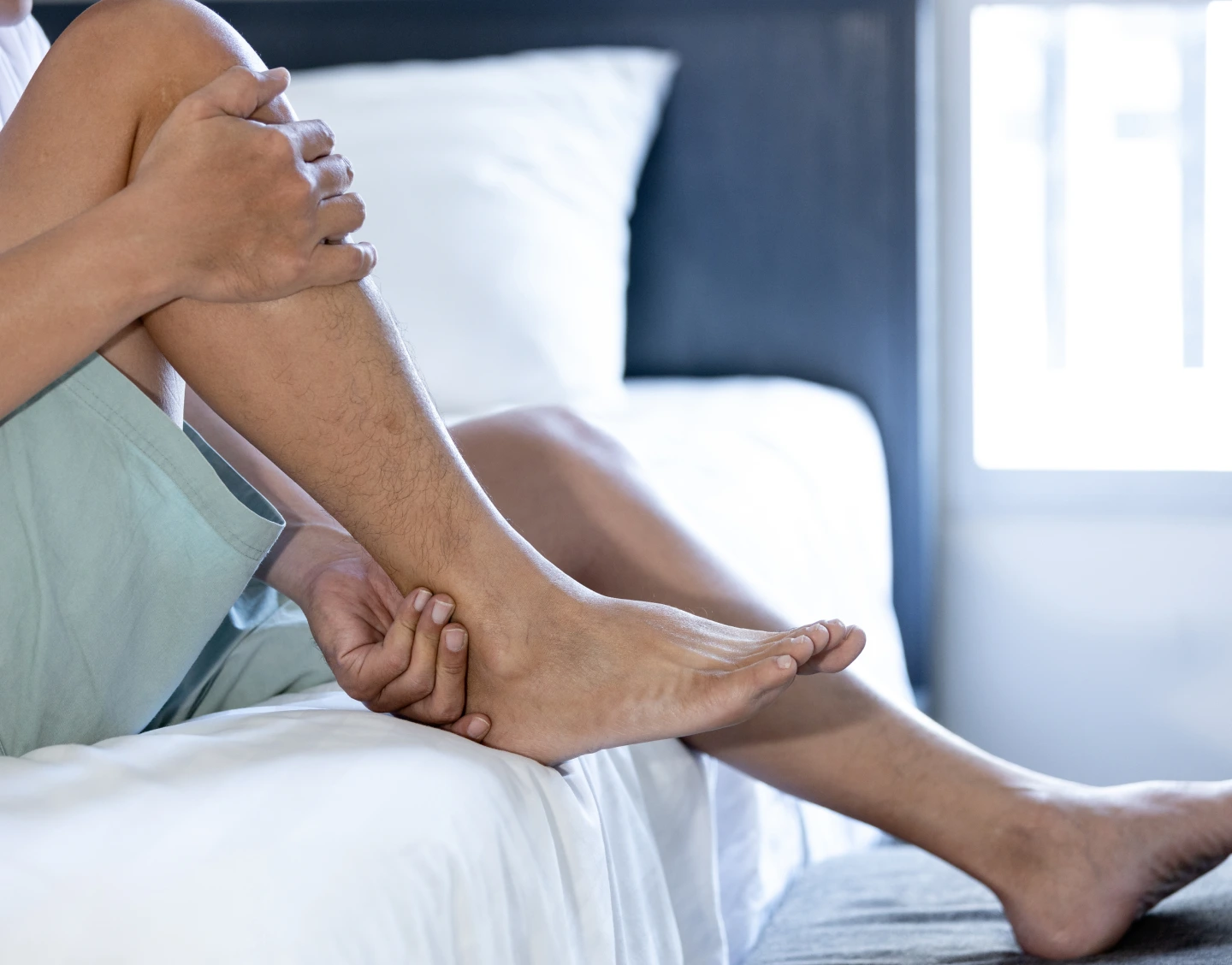
Achilles tendinitis is an overuse injury that causes inflammation of the Achilles tendon, the thick band of tissue that connects your calf muscles to your heel bone. The condition typically develops gradually, with symptoms including stiffness and tenderness that worsen with activity. Patients often report significant discomfort, particularly when walking or after rest. Running and jumping frequently trigger or exacerbate Achilles tendinitis, causing severe pain, trouble walking, and complications in more advanced cases. This condition can become chronic without proper treatment, potentially leading to tendon tears or ruptures.
Achilles tendinitis manifests in two primary forms, depending on which part of the tendon is affected:
Non-Insertional Achilles Tendinitis: Affects the middle portion of the tendon, typically occurring in younger, more active individuals, and involves degeneration and inflammation of the tendon fibers.
Insertional Achilles Tendinitis: Occurs where the Achilles tendon attaches to the heel bone, often accompanied by bone spurs, and can affect both active and less active people regardless of age.
Achilles tendinitis commonly develops from overuse injuries during activities requiring repetitive ankle motion. The consistent strain leads to tendon degeneration, where collagen fibers break down faster than the body can repair, causing inflammation and pain along the tendon.
Preparing for Achilles tendinitis treatment begins with a comprehensive medical consultation, during which our healthcare provider evaluates the patient’s medical history and the progression of signs and symptoms over time. This initial assessment typically includes physical examination of the affected area, focusing on swelling, pain location, and mobility limitations. Patients often undergo imaging tests, such as ultrasound or MRI, to confirm the diagnosis and determine the severity of tendon damage.
Before commencing treatment, our provider may recommend temporary activity modifications to prevent further irritation while establishing a personalized recovery plan. Purchasing appropriate footwear and support devices in advance can facilitate restoration, which usually involves rest, therapeutic exercises, and sometimes medication to address acute discomfort and underlying inflammation.
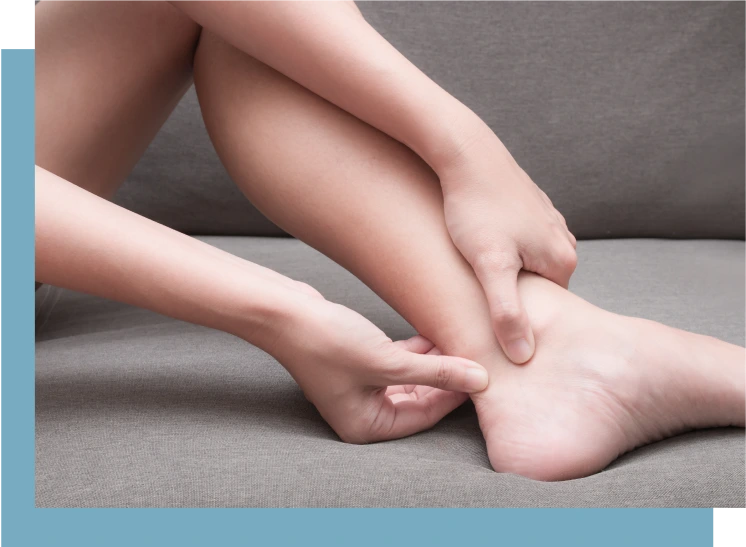
Recovering from Achilles tendinitis requires a patient and methodical approach. The initial phase focuses on reducing inflammation and pain through rest, ice, and possibly anti-inflammatory medications. As symptoms improve, a gradual restoration program becomes the cornerstone of treating Achilles tendinitis effectively. This typically involves progressive stretching exercises and strengthening activities targeting the Achilles tendon.
Most individuals can expect a recovery period spanning several weeks to months, depending on severity, with a full return to pre-injury activities being possible once the tendon has adequately healed and strengthened. Consistent adherence to the recovery protocol and avoiding premature increases in activity levels are essential for preventing reinjury and ensuring complete restoration.
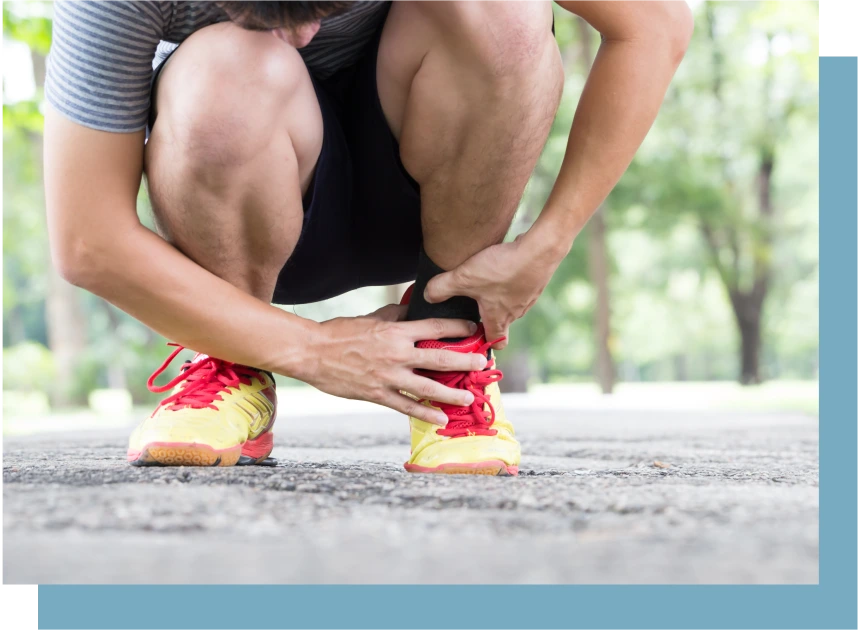
Achilles tendinitis can affect people across various activity levels and age groups. Understanding who is more likely to develop this condition helps guide early detection and treatment. Below are the primary candidates:
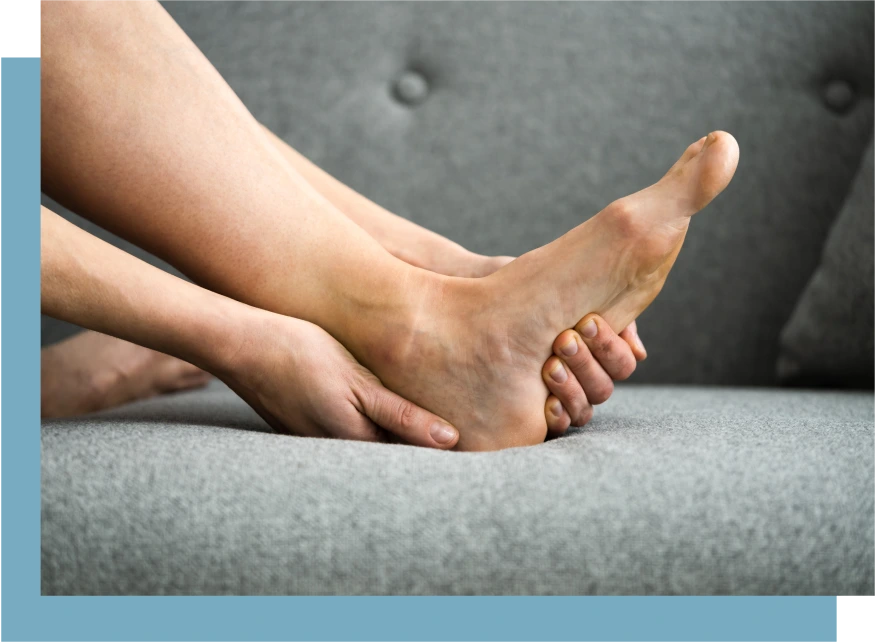
The cost of Achilles tendinitis treatment in NYC ranges from $150 to $2,500+, depending on the severity of the condition and the type of procedure required. Conservative measures like physical therapy and medications typically fall on the lower end of the spectrum. At the same time, more advanced treatments, such as injections, orthotic devices, or even surgery, can drive the price higher. Additionally, candidates with Achilles tendinitis who require long-term restoration or follow-up care may face ongoing costs over several months.
Schedule a consultation today to receive a comprehensive evaluation and personalized price quotes for your condition. Our specialists at Millennium Podiatry are always happy to meet new patients and help them improve their quality of life.
Millennium Podiatry revolutionizes Achilles tendinitis treatment through an advanced fusion of scientific innovation and personalized care. At the helm, Dr. Suzanne Levine and Dr. Adam Landsman — recognized among America’s most influential podiatrists — employ bioengineering principles and cutting-edge technology to analyze tendon mechanics with unprecedented precision. Our approach transcends conventional treatment by addressing functional recovery and aesthetic considerations, reflecting Dr. Levine’s pioneering work in aesthetic podiatry. Patients experiencing the characteristic morning stiffness and progressive heel pain of Achilles tendinitis discover that Millennium Podiatry’s therapeutic protocols deliver relief while simultaneously strengthening the tendon structure for long-term resilience.
